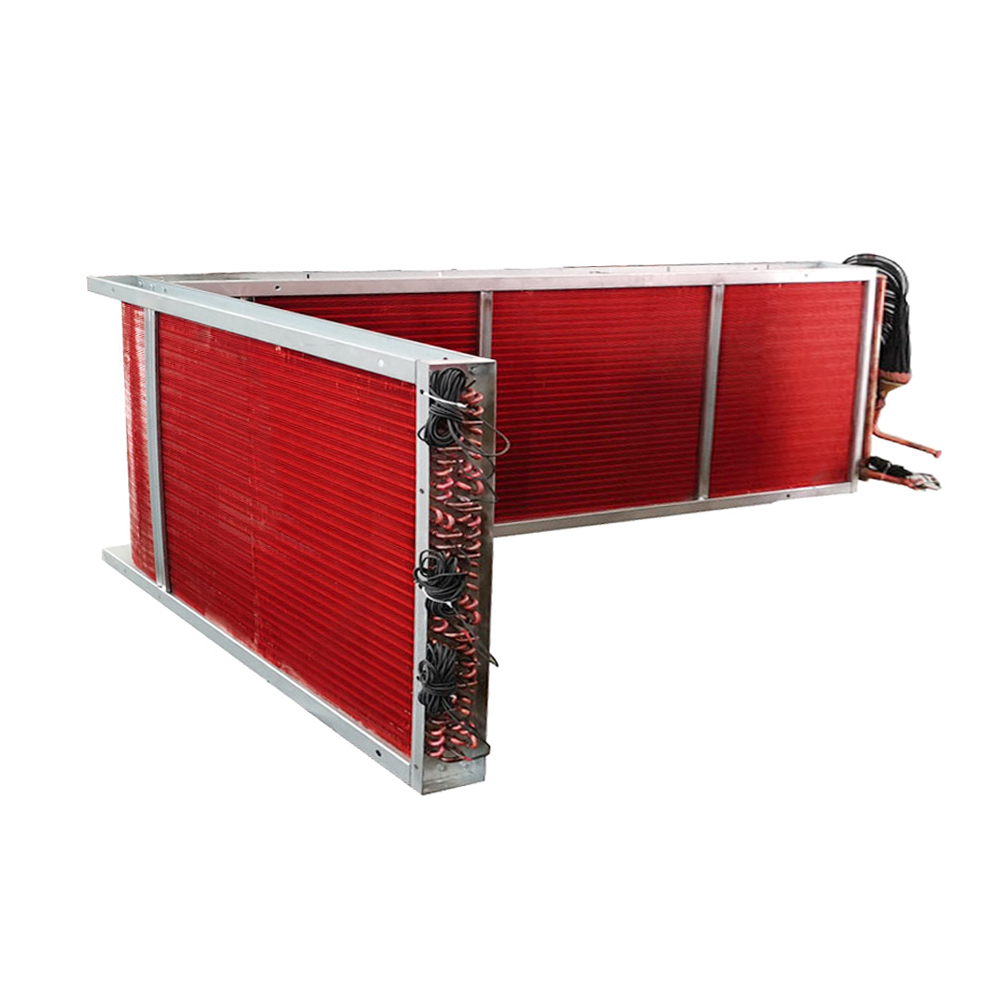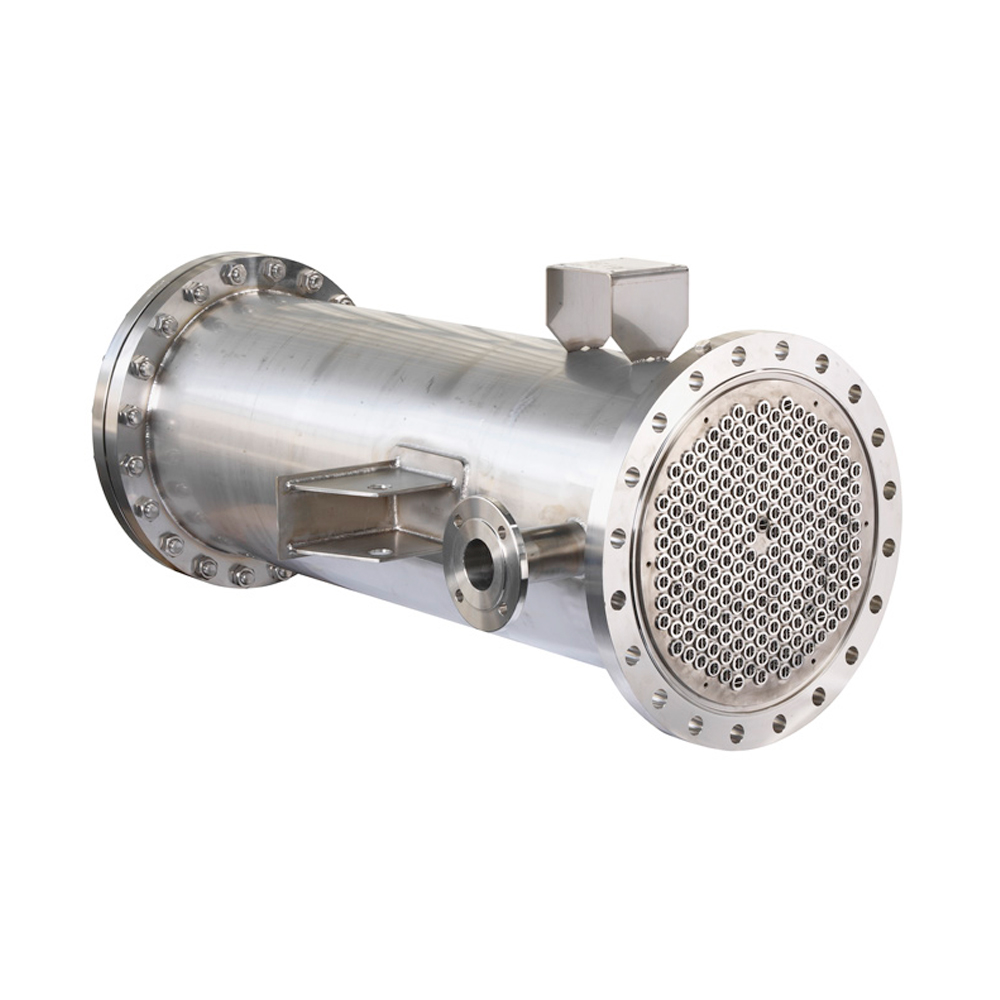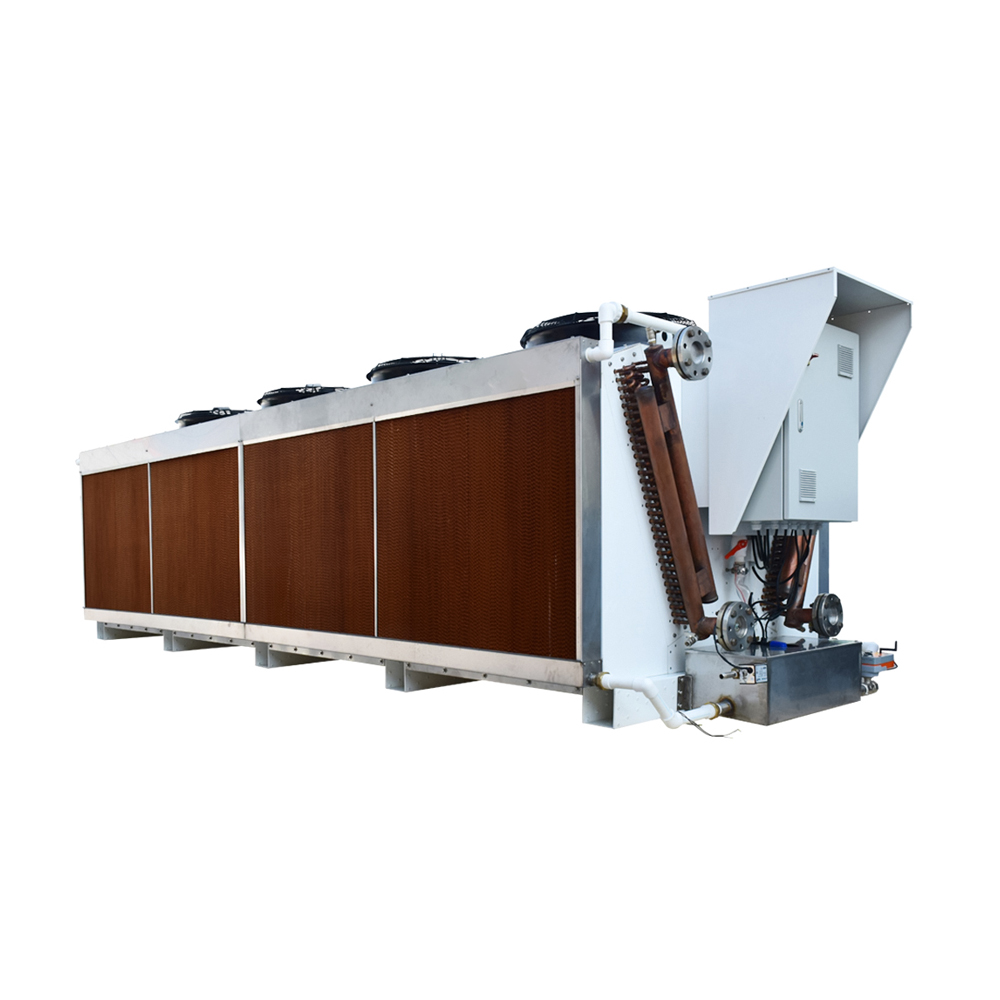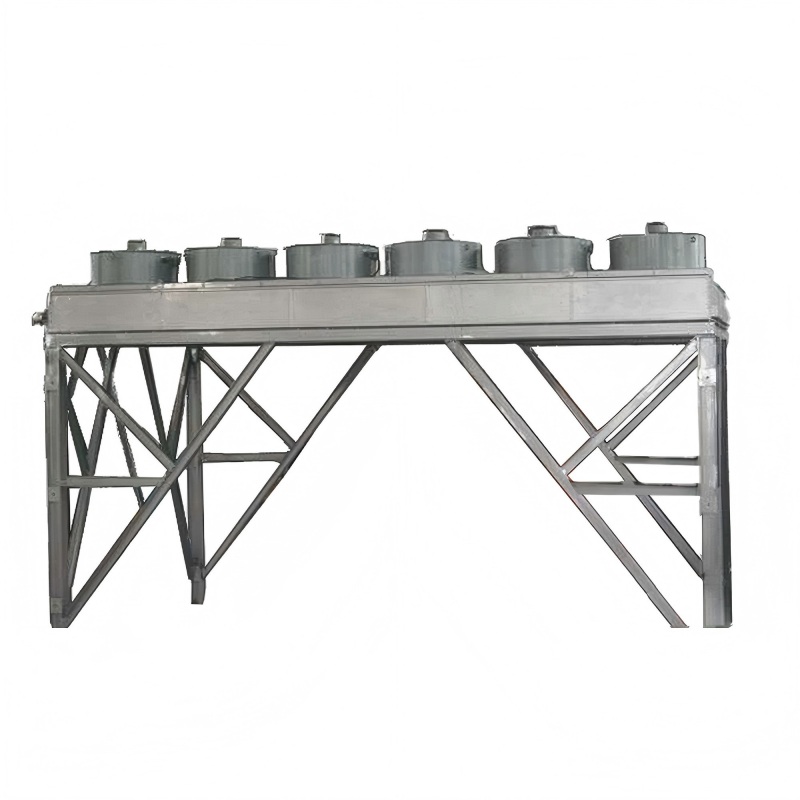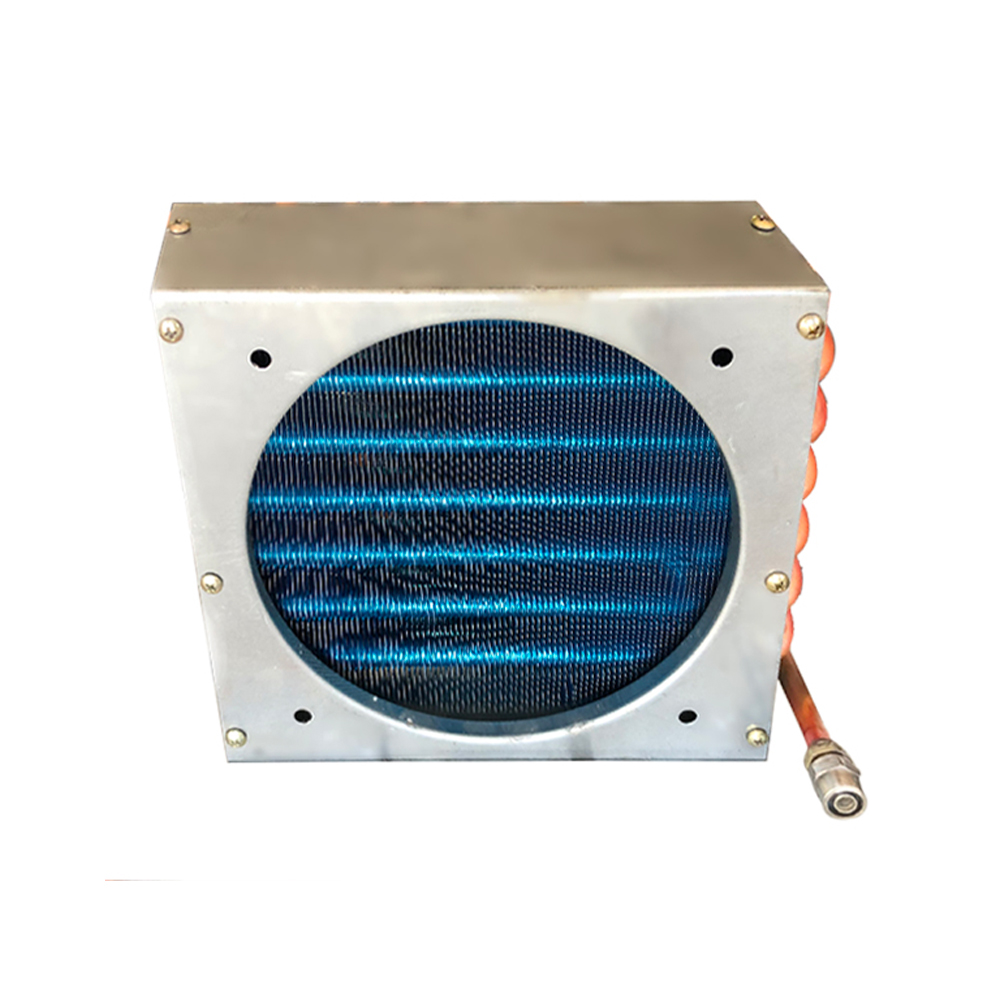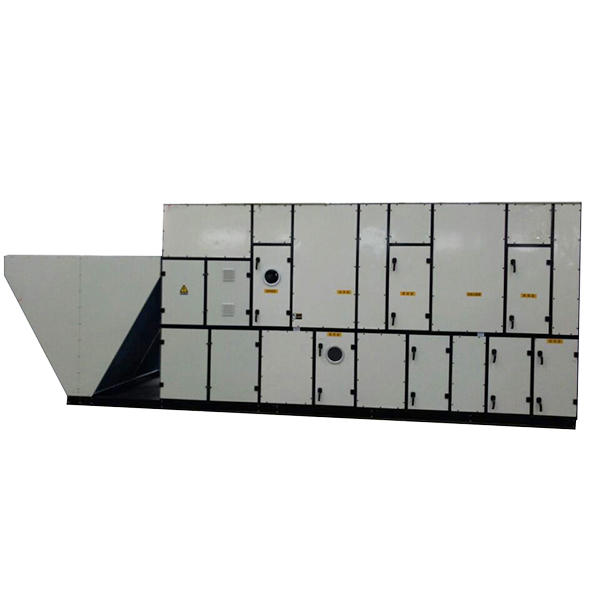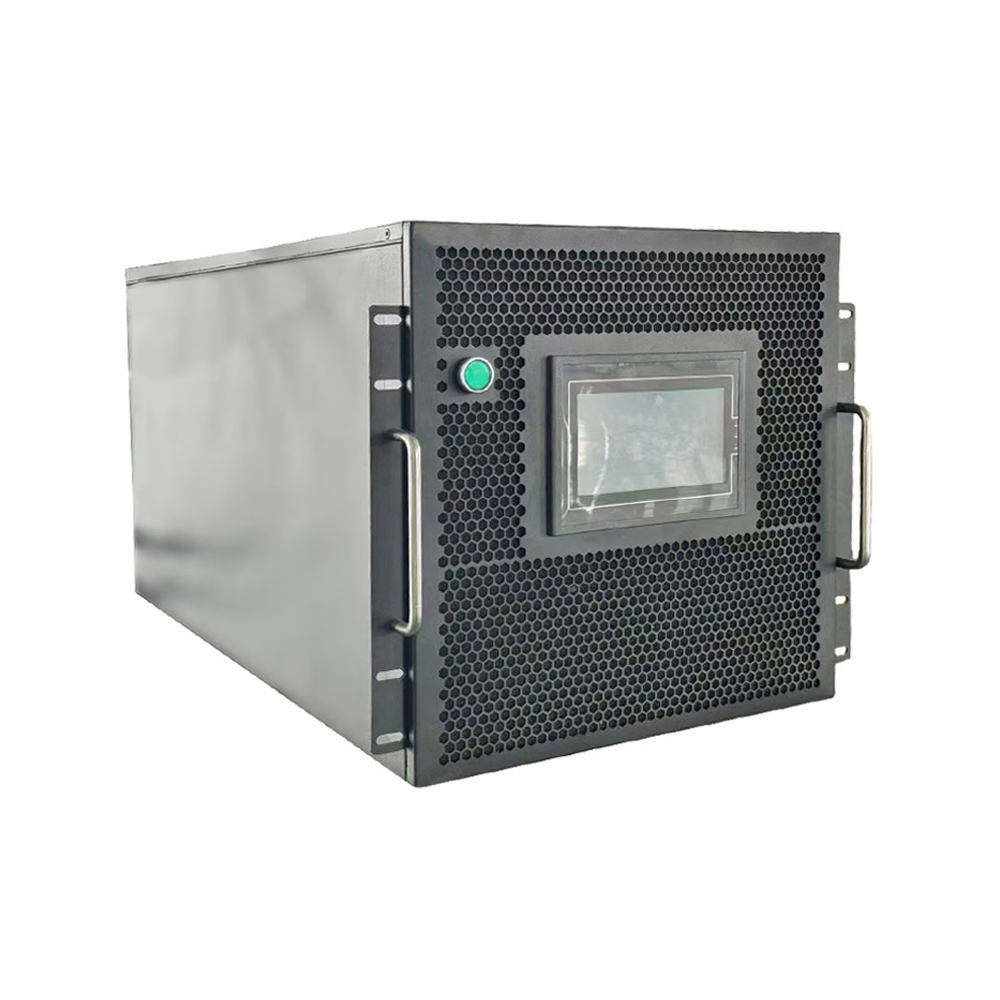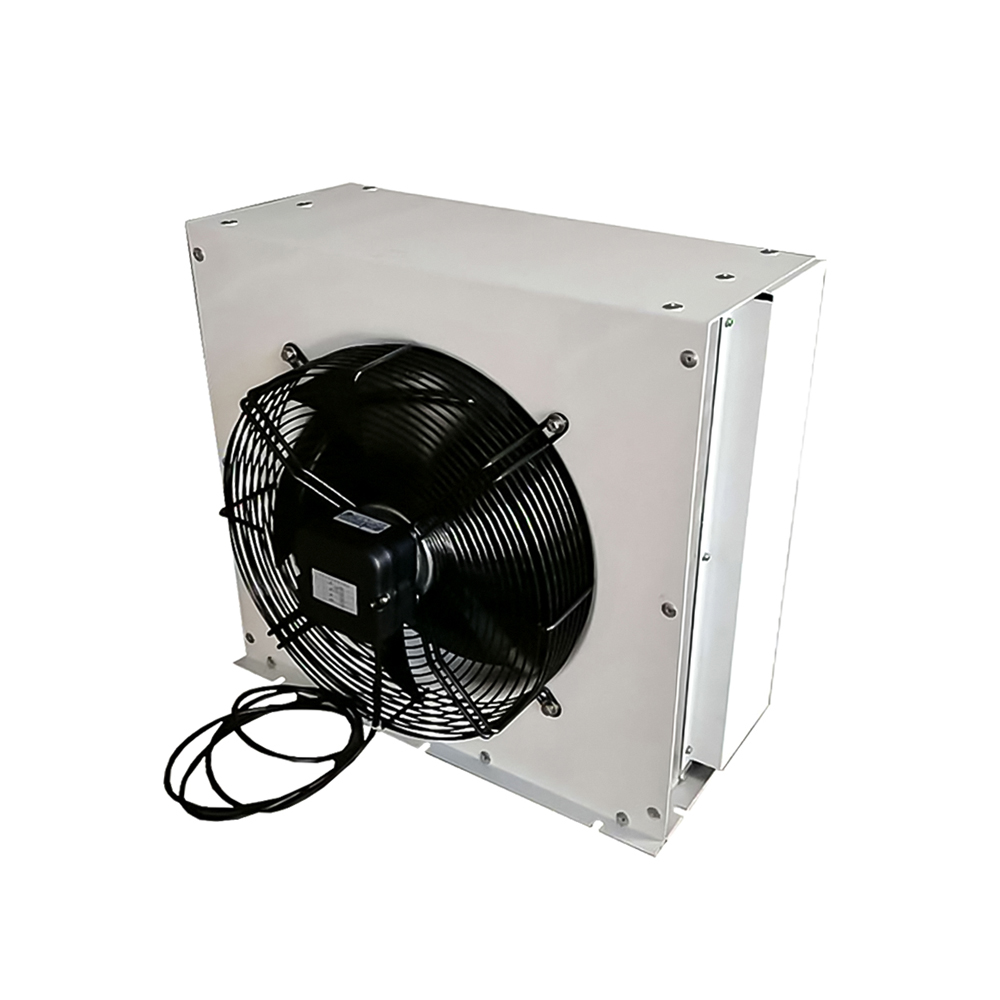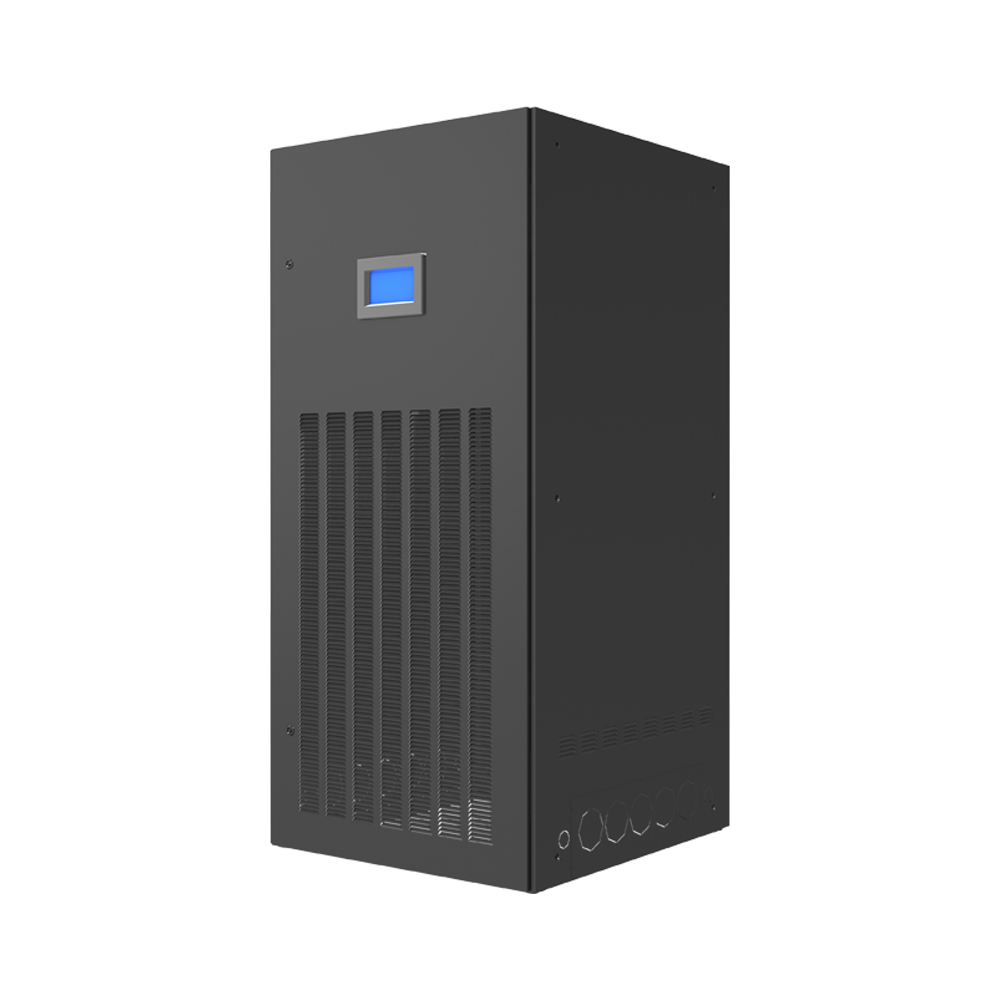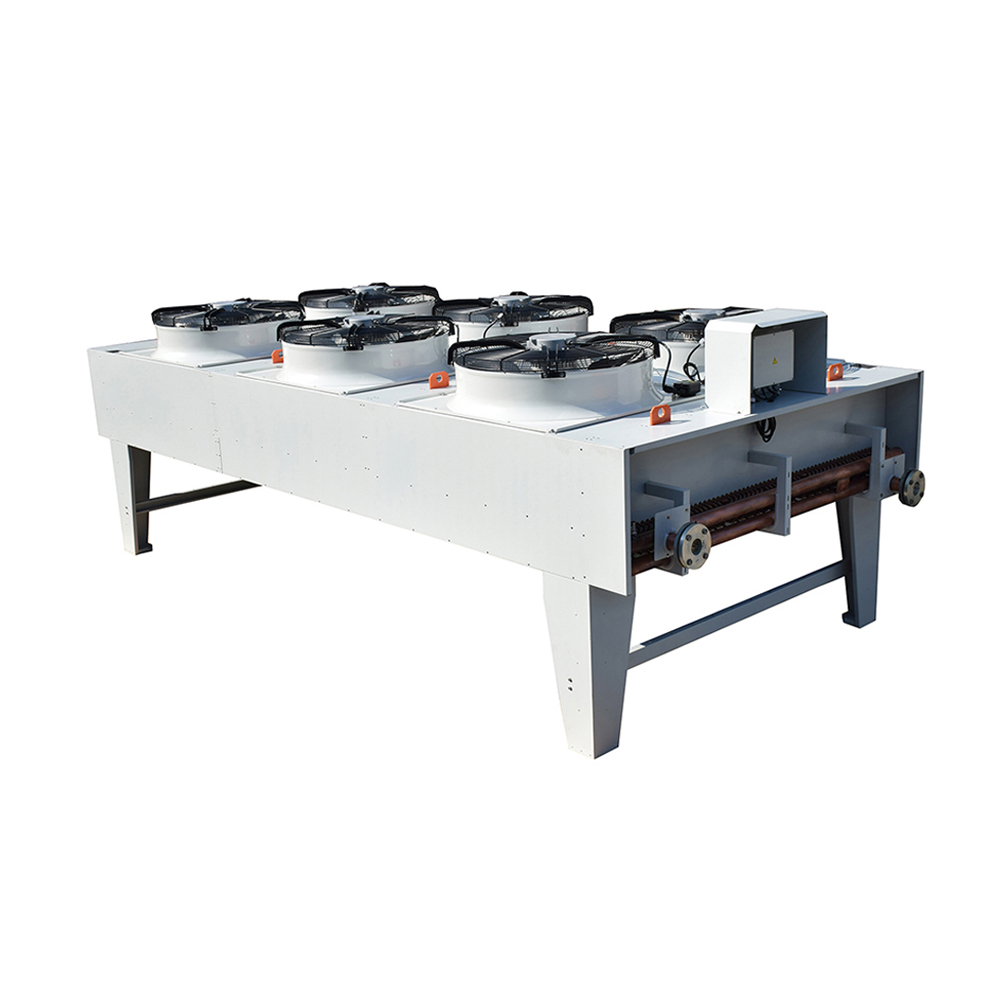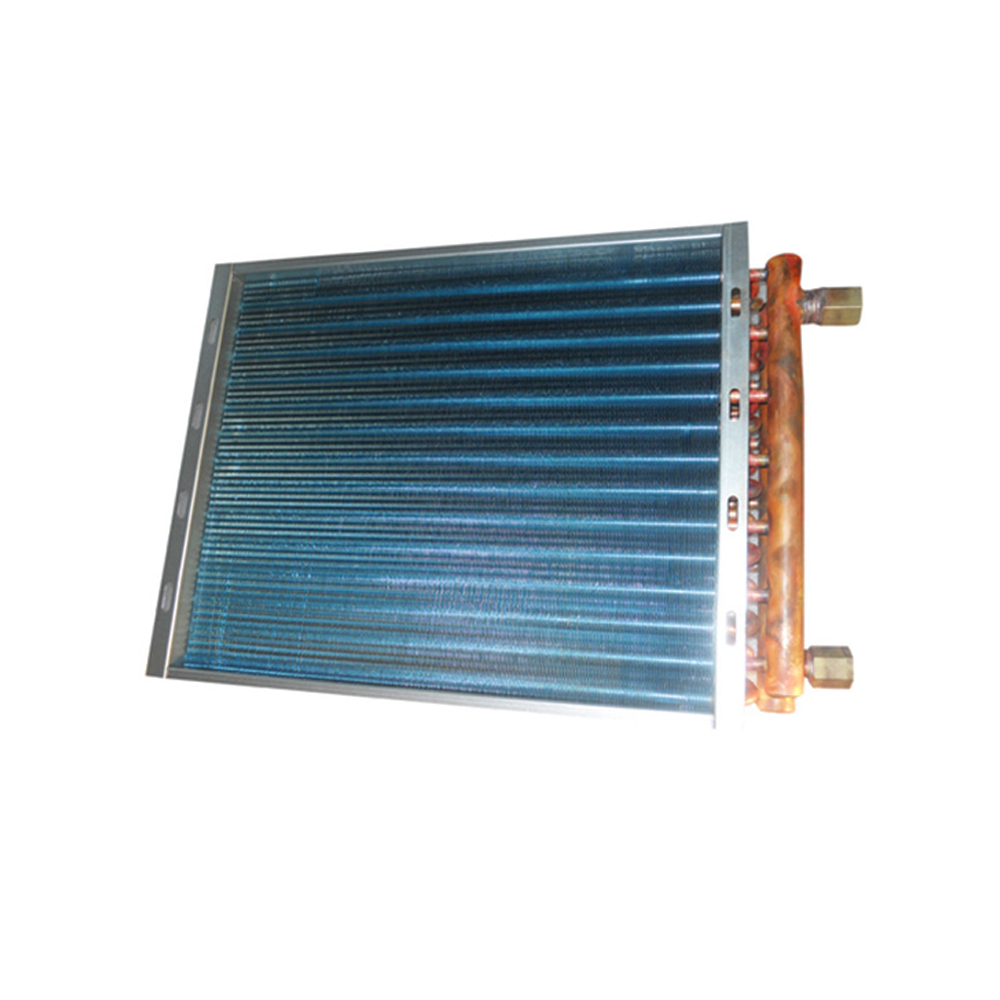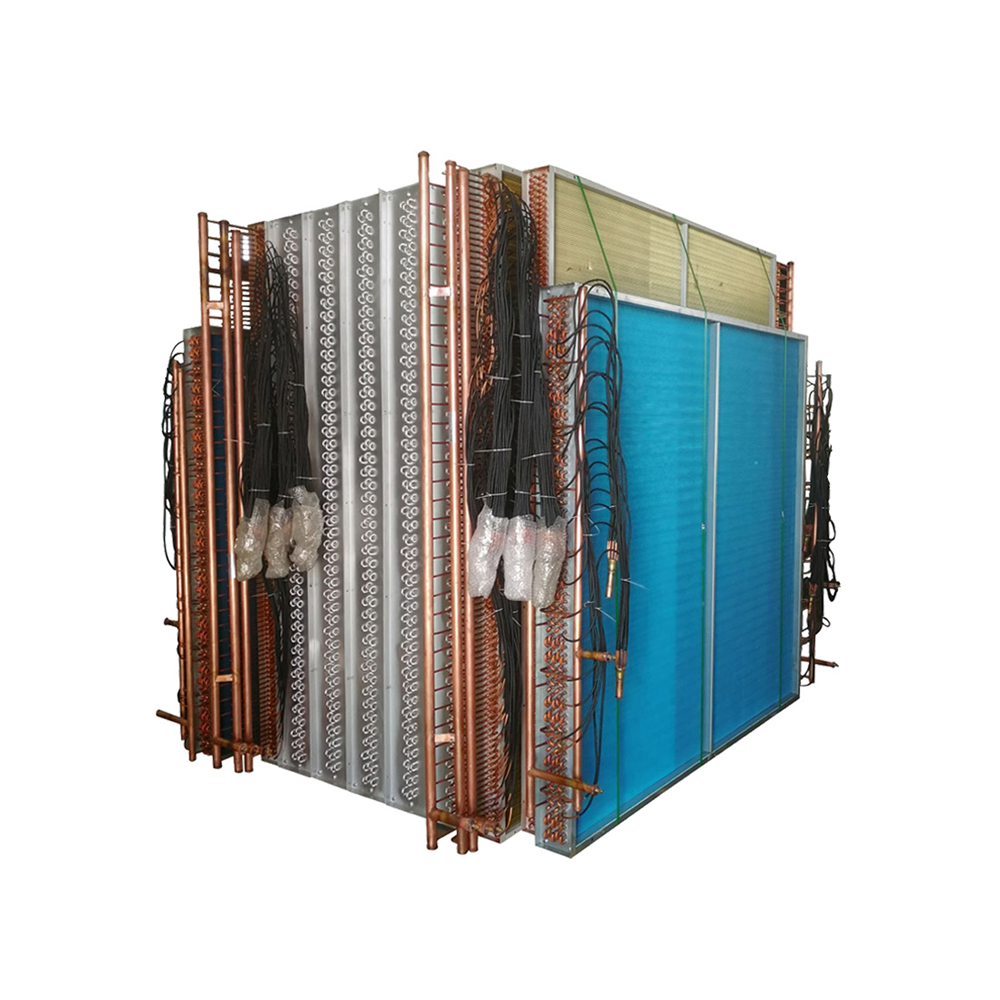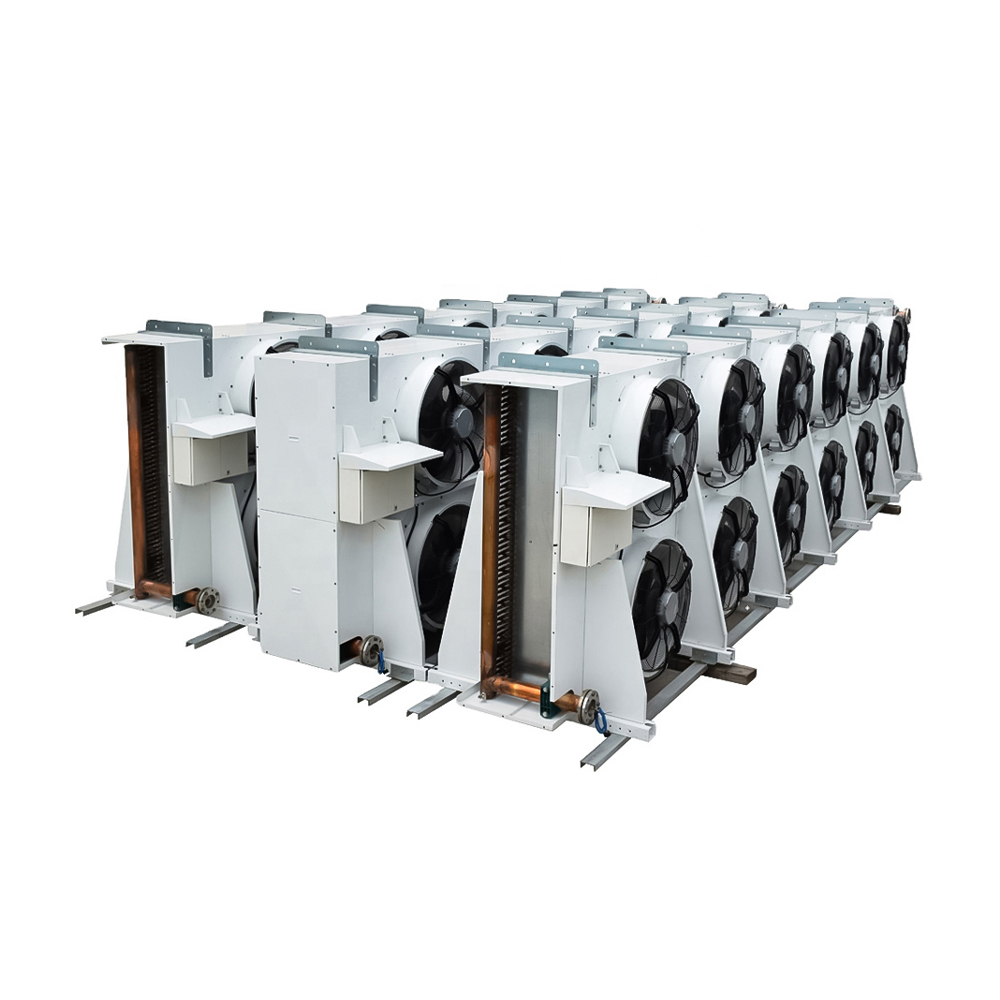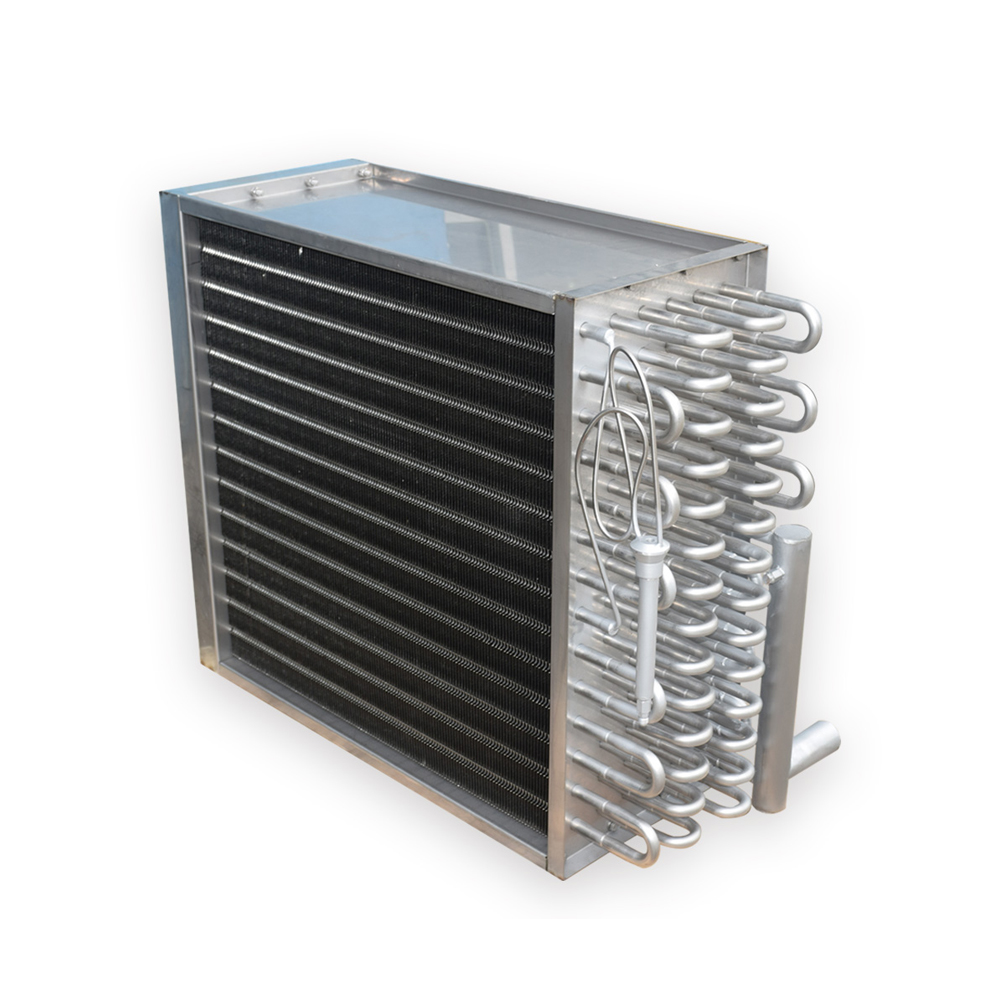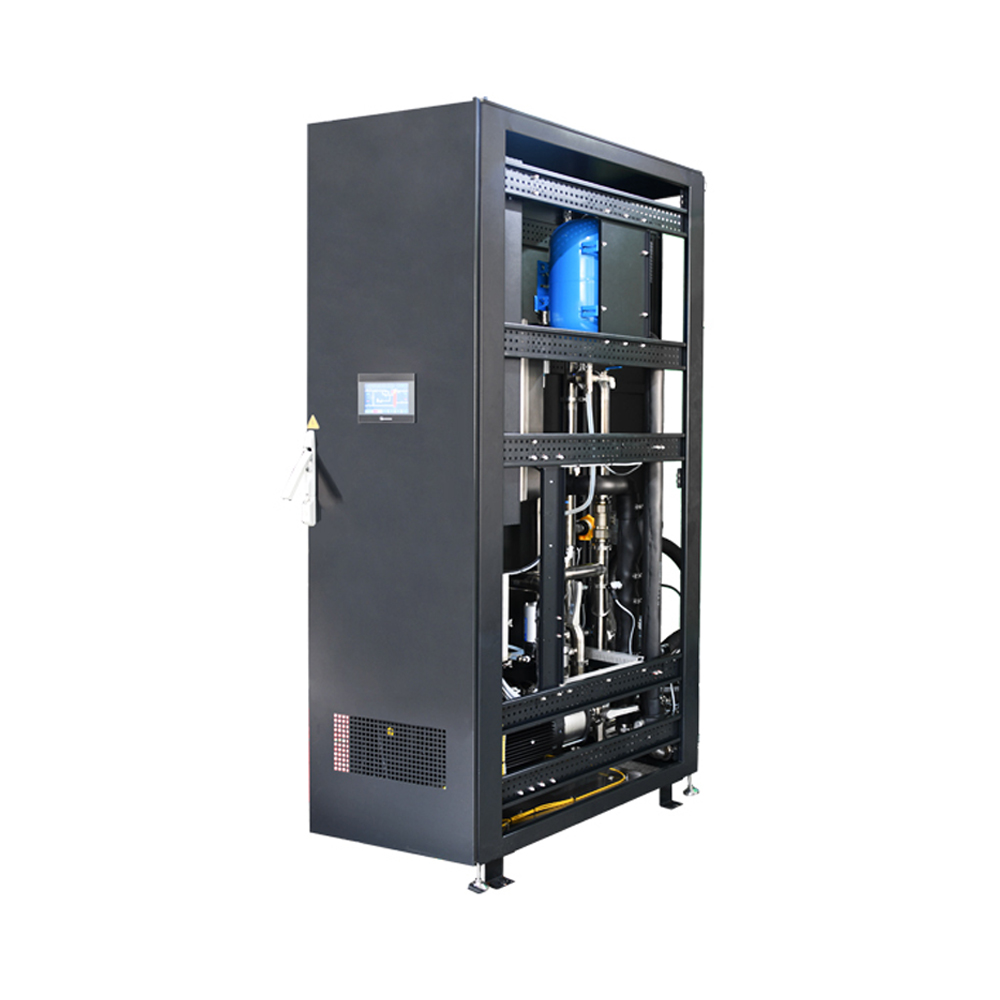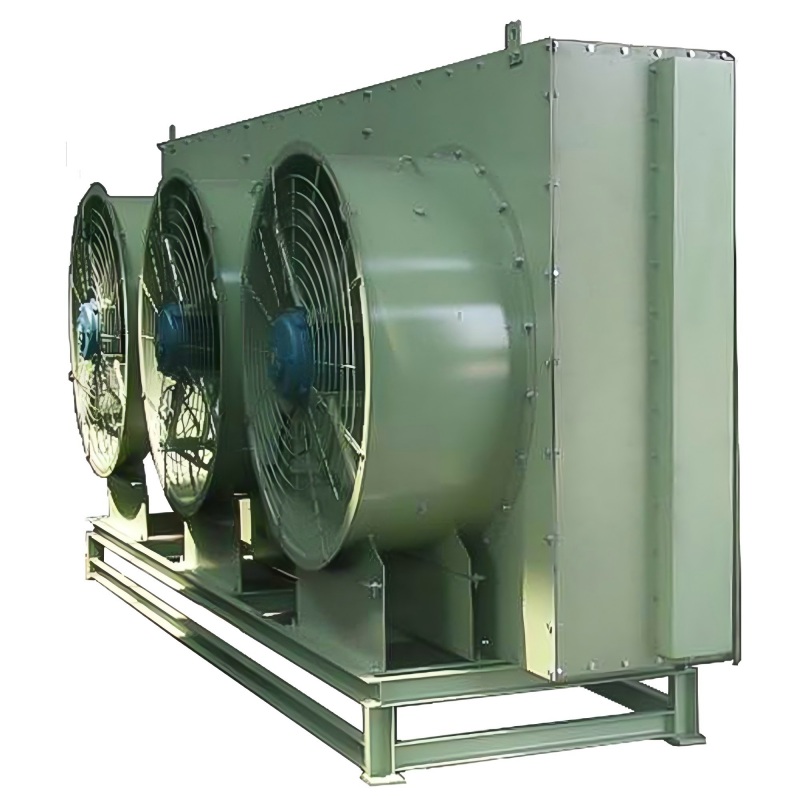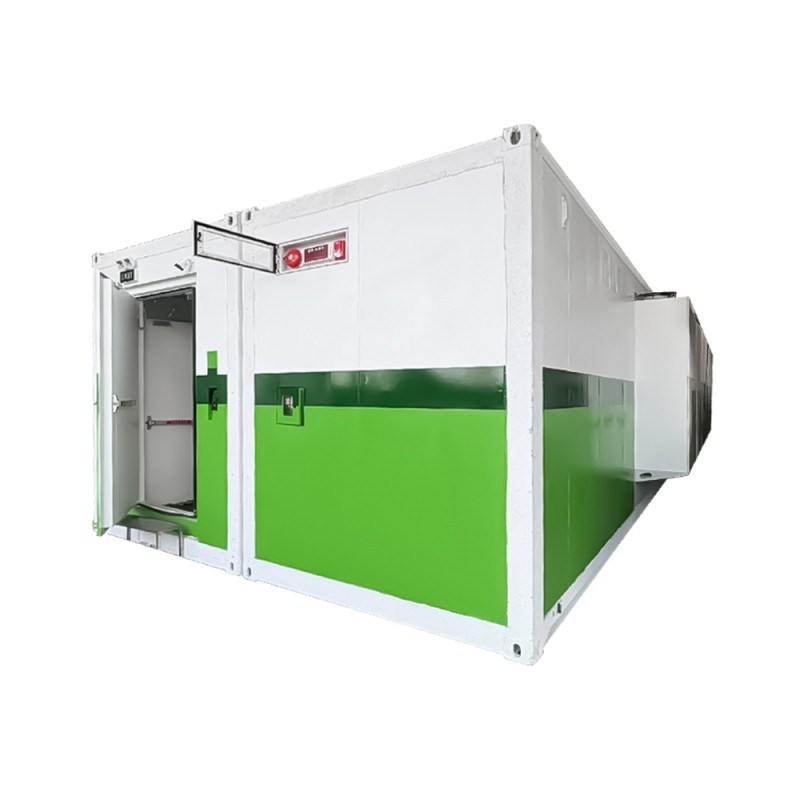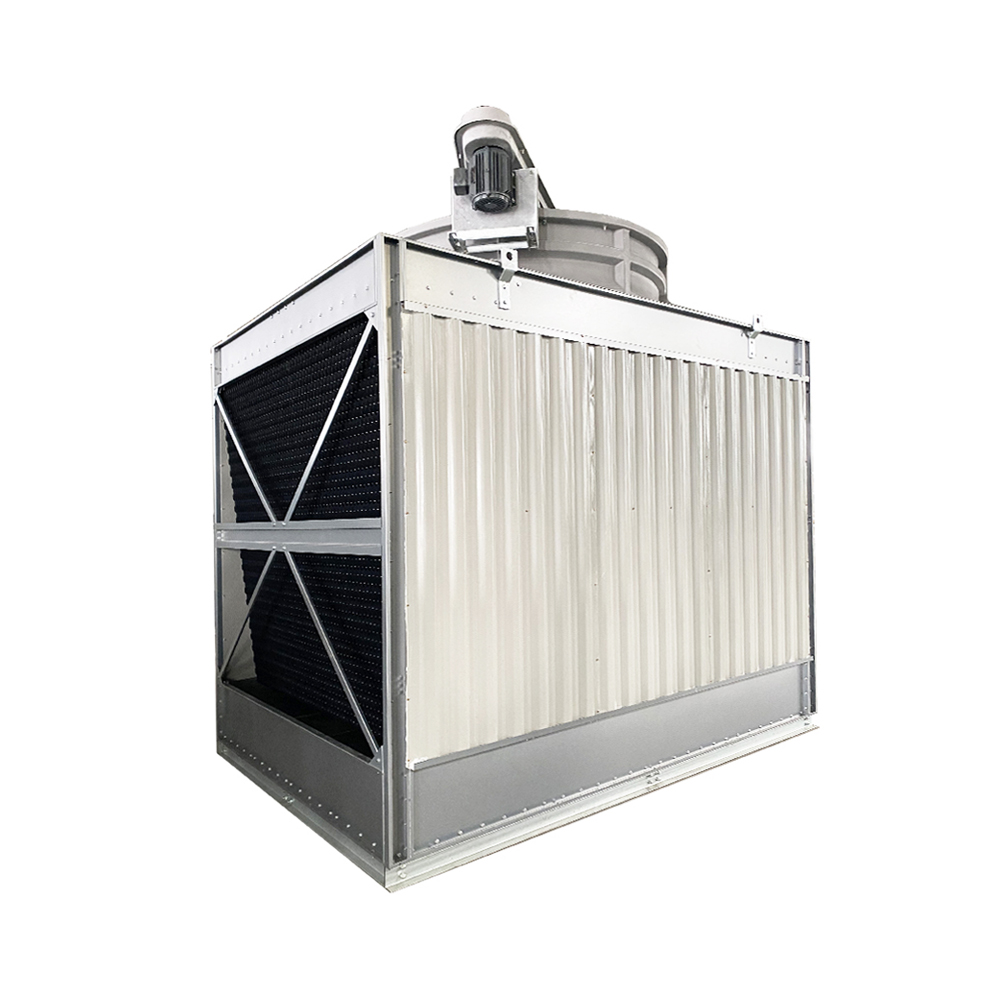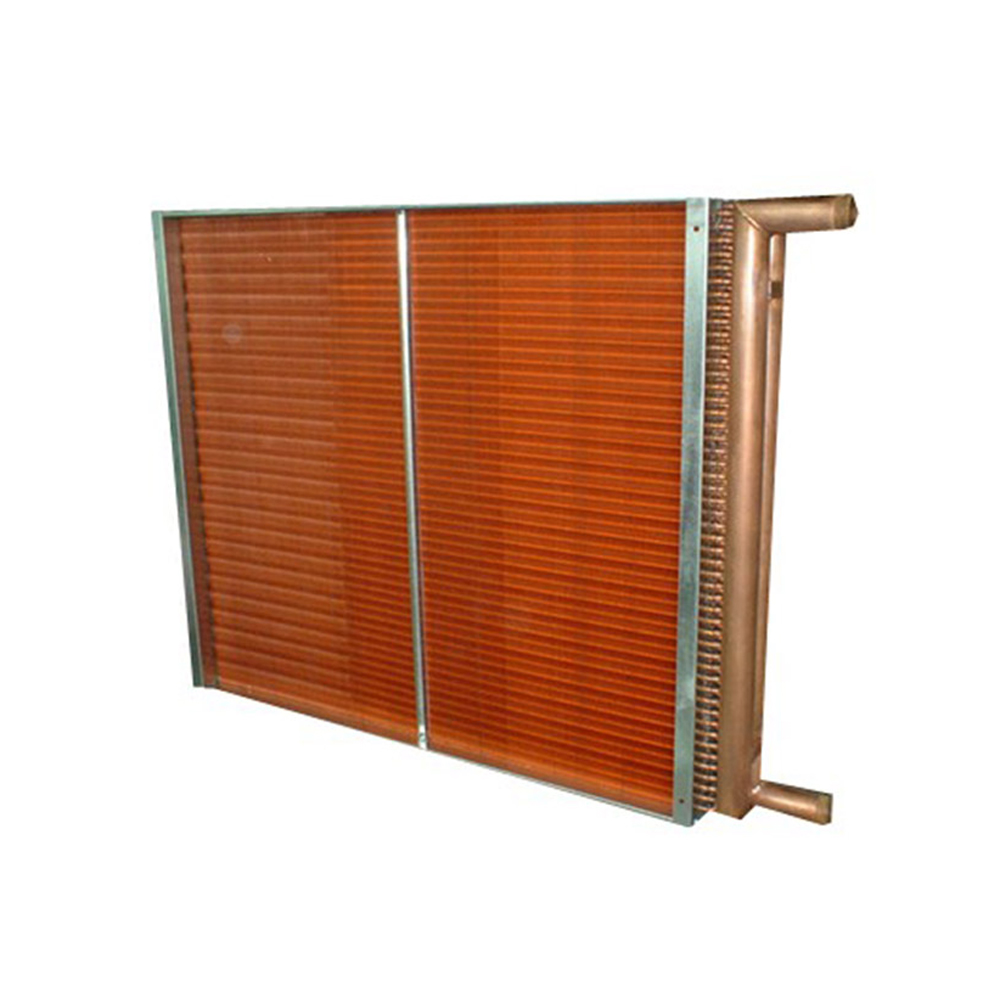Best Heating and Cooling Coils: A Comprehensive GuideChoosing the right heating and cooling coil is crucial for optimal HVAC system performance. This guide provides a detailed overview, helping you select the best coil for your specific needs. We'll cover different coil types, factors to consider during selection, and maintenance tips to ensure long-term efficiency.
Understanding Heating and Cooling Coils
Heating and cooling coils are essential components of HVAC systems, responsible for transferring heat between the refrigerant and the air. The coil's design and materials significantly impact efficiency, durability, and overall system performance. Choosing the appropriate coil type depends on various factors, including the heating/cooling capacity required, the type of refrigerant used, and the application environment.
Types of Heating and Cooling Coils
Several types of coils are available, each with its own advantages and disadvantages. Common types include:
- Copper coils: Known for their excellent heat transfer properties, durability, and resistance to corrosion. However, they can be more expensive than other materials.
- Aluminum coils: Lighter and less expensive than copper coils, aluminum coils offer good heat transfer capabilities, but they are more susceptible to corrosion.
- Microchannel coils: These coils utilize smaller tubes, leading to increased surface area and improved heat transfer efficiency. They are often made of copper or aluminum.
Factors to Consider When Choosing a Heating and Cooling Coil
Selecting the right heating and cooling coil requires careful consideration of several factors:
1. BTU Rating
The British Thermal Unit (BTU) rating indicates the coil's heating or cooling capacity. The required BTU rating depends on the size of the space being heated or cooled and the desired temperature difference. Underestimating the BTU rating can lead to insufficient heating or cooling, while overestimating it can result in energy waste.
2. Refrigerant Type
The type of refrigerant used in your HVAC system will dictate the type of coil required. Different refrigerants have varying compatibility with different coil materials.
3. Airflow
The airflow through the coil affects its heat transfer efficiency. Proper airflow is essential for optimal performance. Consider the CFM (cubic feet per minute) rating of your system when selecting a coil.
4. Coil Material
As discussed earlier, the material of the coil (copper, aluminum, or microchannel) influences its performance, durability, and cost. Consider the environment and the potential for corrosion when making this selection.
Maintenance of Heating and Cooling Coils
Regular maintenance of your heating and cooling coil is critical for optimal performance and longevity. This includes:
- Regular cleaning to remove dust and debris.
- Inspection for any signs of damage or corrosion.
- Professional inspection and servicing as recommended by the manufacturer.
Choosing the Right Heating and Cooling Coil for Your Needs
The selection of a heating and cooling coil is a crucial decision impacting your HVAC system's efficiency, reliability, and overall performance. Careful consideration of factors like BTU rating, refrigerant type, airflow, and coil material is vital. Regular maintenance is equally crucial for ensuring your coil's longevity and optimal functionality. For high-quality and efficient coils, consider exploring the options available from leading manufacturers. To learn more about advanced HVAC solutions, visit Shanghai SHENGLIN M&E Technology Co.,Ltd, a trusted provider of innovative cooling technologies.









